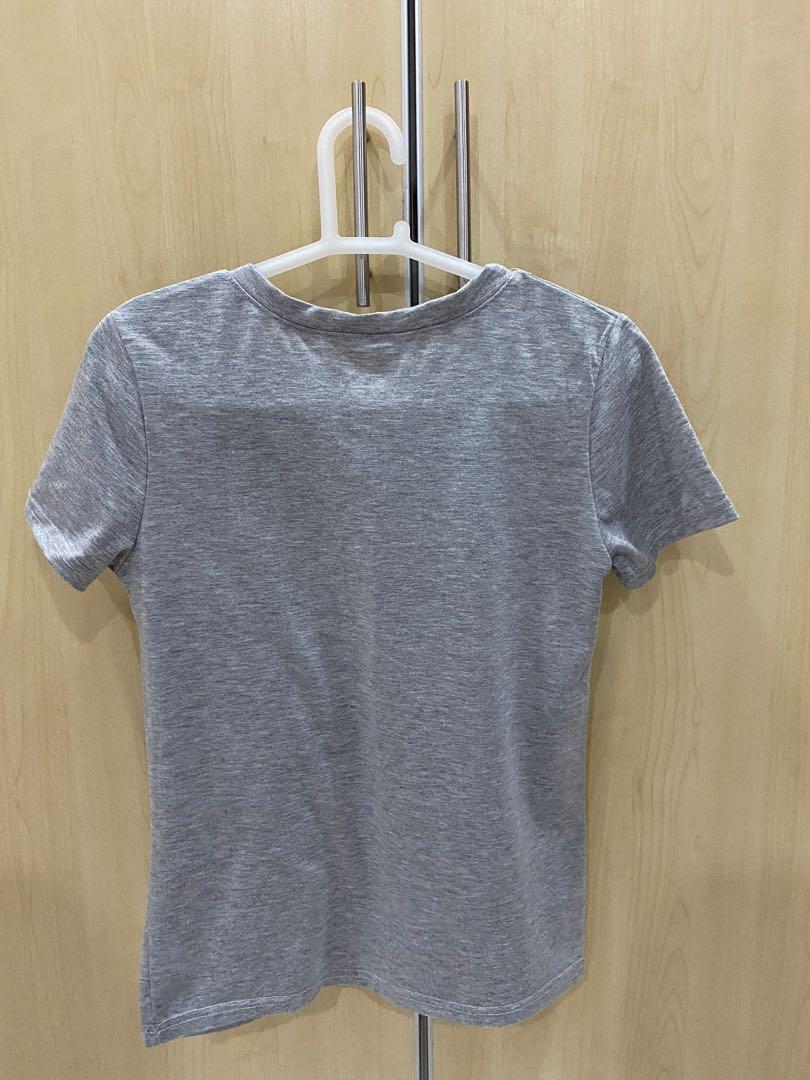Wear Poker Face
Want to look younger? Sleep well. Eat right. Exercise. And, just maybe, don’t smile.
A new Western co-authored study indicates smiling can make you appear to be one year older than if you wear a poker face. These findings counteract the commonly held view that smiling makes one appear younger.
We associate a smile with happiness, youth and vivacity. It’s an idea the media and cosmetics companies sell every day, said Melvyn Goodale, Director of the Brain and Mind Institute at Western, who co-authored the study with Tzvi Ganel of Ben-Gurion University of the Negev.
“There is a belief out there that people who smile look younger than when they’re not smiling,” he continued. “Of course, you certainly look happy and healthy when you smile, at peace with yourself, and that probably carries over to the idea that you look younger when you smile.”

Wear Poker Face Mask
- Poker apparel, strategy and accessories from 14-time World Series of Poker (WSOP) bracelet winner, Phil Hellmuth. Stylish poker shirts, access to exclusive books published by our own Phil's House Publishing imprint and Hellmuth branded one-of-a-kind products and collector items you won't find anywhere else!
- Absolutely love these lashes!! They are perfect for my small hooded eye shape. I can wear these everyday for a natural “go to work look” or glam them.
- A poker face may be helpful if your reaction to the discussion is negative, however it could be extremely misleading if your reaction is positive. When there is no reaction, or even no change in expression, its natural to wonder if there is something wrong with person to whom you’re speaking.
Shop high quality Poker T-Shirts from CafePress. See great designs on styles for Men, Women, Kids, Babies, and even Dog T-Shirts! Free Returns 100% Money Back Guarantee Fast Shipping.
That idea was also perpetuated by academic literature, Goodale explained, as there’s actually empirical evidence to suggest smiling makes one appear younger.

Up until this study, researchers tested perceptions of expression and age by presenting participants with photographs of the same face – one smiling, one neutral. This led to flawed results, Goodale stressed. If the participant already held the belief a smiling person looks younger – a commonly held belief – their pre-existing view would contaminate their age rating of the smiling individual.
For their study, Goodale and Ganel tested perceptions of expressions by presenting participants with different sets of photographs showing smiling and neutral faces. It was deliberately arranged to ensure the expressions were worn by different people for each set of participants – no one saw the same face smiling and in a neutral expression.
Their study, The Effects of Smiling on Perceived Age Defy Belief, was recently published in the journal Psychonomic Bulletin and Review.
“People were asked to rate how old they thought the faces were. After the study was done, we found people rated the smiling faces, on average, one year older than the same faces in neutral expressions,” Goodale said.
As a control, researchers also showed faces with expressions of surprise, which participants rated as appearing two years younger than the smiling expressions.
The study extrapolates to bigger implications, he added.
“When we questioned everybody afterwards, we said, ‘Look, we just showed you a whole pile of faces – smiling and neutral. Which expression do you think made people look younger?’ And they said, ‘Oh, the smiling faces look younger.’ Their retrospective account of what they did was totally different from what they actually did,” Goodale continued.
Participants can have the belief that smiling makes you look younger, but at the same time, they can rate people as older when they see them smiling. The implication of this, from a psychological point of view, Goodale explained, is that simply canvassing what people believe and assuming the belief will translate into behaviour is not correct.

“People’s beliefs don’t necessarily correspond to the way they behave; they can hold a belief that’s contrary to the way they behave,” said Goodale. “This adds to that whole corpus of knowledge that one has to measure behaviour directly, rather than simply taking an attitude scale or a rating, because sometimes – though not always – you can be misled.”
Wear Poker Face Masks

In a previous study, Ganel, a former postdoctoral fellow with Goodale, showed that wrinkles around one’s eyes contribute to the age rating one receives when smiling. Because of this, the study’s approach works only for a certain age range, Goodale added, and it may be applicable more so when looking at individuals from early adolescence to later adulthood – individuals in their 50s and 60s who may have more wrinkles.
“Some people will find it counterintuitive but the same person can believe smiling makes one appear younger and at the same time judge smiling faces as older than neutral faces,” Goodale said.

War Poker Game
“It’s an insight into human nature, the beliefs we have about facial expressions and how that can and cannot translate into the judgments we make about people. We’re very interested in the way the brain processes faces. Faces are special – there’s evidence areas of the brain involved in recognizing the identity of faces are also involved in recognizing emotional expression. This was a small project within that where we’re looking at the relationship between belief and judgment about faces.”